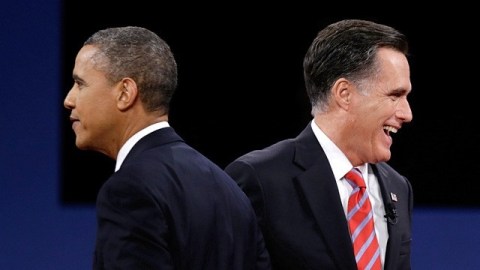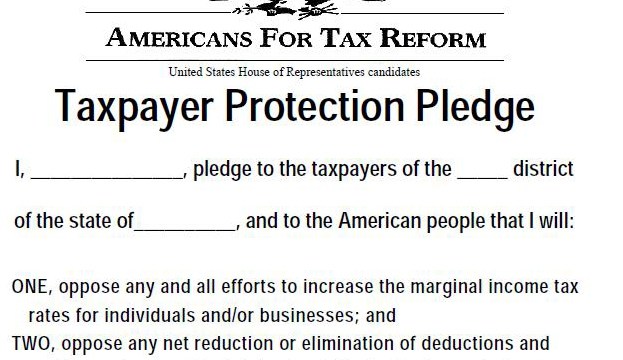Which Candidate Is Better for the Arts (and Why that Matters)?

This seemingly endless presidential campaign of 2012 will mercifully come to an end on Tuesday (we hope). People will vote depending on a wide range of economic, social, and ideological issues, but one often overlooked, but important, issue is the arts—specifically, which candidate is better for the arts. For many, the arts are one of those frills government can’t afford in a tough economy. However, if you look more closely at the role of arts in our economy, our society, and our educational system (the heart of America’s ideology), how each candidate supports the arts will send our culture and, therefore, our country heading into a vastly different direction.
Americans for the Arts, a national service and lobbying organization for the nonprofit arts, compiled a helpful (and helpfully hyperlinked to sources) guide to where the two tops of the tickets stand on seven key funding-related questions for the arts. Obama/Biden say “yes” while Romney/Ryan say “no” to (1) maintaining or increasing federal support for the NEA and NEH, (2) maintaining or increasing federal support for public broadcasting (i.e., firing Big Bird), and (3) having a party platform with an overall positive position on the arts and arts education.
Obama/Biden say “yes” while the Romney/Ryan position is “unknown” on (1) maintaining or increasing federal support for museums and libraries, (2) maintaining or increasing Title I funding (which includes eligibility for arts funding), and (3) maintaining support for national and community service (which includes eligibility for arts and music service). For these questions on which the Romney/Ryan ticket is ambiguous, the Americans for the Arts includes Paul Ryan’s pre-VP candidacy positions as a potential (usually negative) stance. The one position the two camps agree to say “no” on regards current incentives for charitable giving to 501(c)(3) organizations such as local nonprofit arts organization.
So, the stereotypes hold true—Democrats support the arts for the most part, while Republicans have different priorities. (The Americans for the Arts also offers a full 2012 Congressional Report Card so you can judge the rest of the ticket on the arts.) The one troubling point of agreement between both parties comes when it comes to charitable giving, which might dissuade potential donors from supporting nonprofit arts organizations already hurting for cash. Obama/Biden look to decrease the percentage of the tax incentive, while Romney/Ryan lean towards eliminating the incentive altogether.
For me, the support of the arts reflects a short-term versus a long-term view of America. Cutting the arts to the bone, as the Republicans wish, might save a little money (PBS leans more on “viewers like you” than on the government teat) now, but what are the costs 5, 10, 50 years from now? The culture industry is exactly that—an industry. People work in the arts, people pay for the arts, and people travel to view the arts. Starve that industry of federal funding and a another component in the economic machine fails, slowing any hope of recovery just a little bit more.
Focus further down the line and the starving of the arts becomes another nail in the coffin of the American educational system. There are too many studies linking a child’s exposure to the arts to enhanced critical thinking skills to repeat them here. The current American educational battle between vocational goals and liberal arts goals (which is a false choice, as Andrew Delbanco outlines nicely in his book College: What It Was, Is, and Should Be) might as well be labeled the Republican versus the Democratic plan, with support for arts education at the center of the fight.
I’m proud to have grown up on Sesame Street, have introduced my sons to Elmo’s World, and wish that same imaginative journey for all children, now and for the foreseeable future. The idea of firing Big Bird—of cutting funding to the arts—is the canary in the coal mine of this election. Let the arts die and a part of America dies, especially its future. This election is about a lot of things, but all of them point towards the future. The Democrats may not be perfect on this or any other issue, but a vote for Romney/Ryan is a vote against the arts, against the future.





